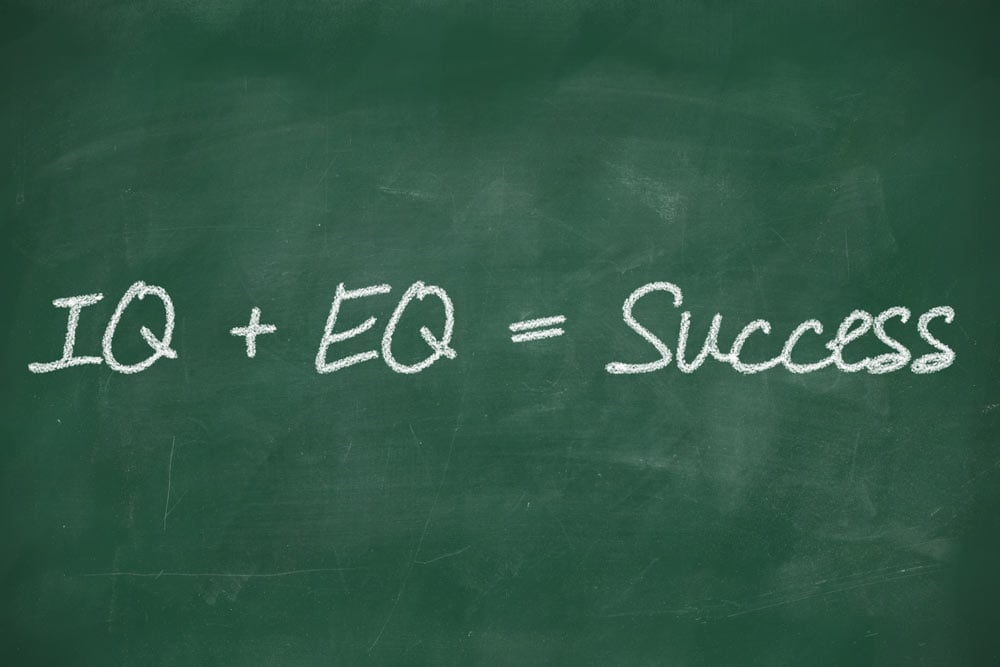 Because children are so egocentric, it can be very difficult for them to see issues from other’s perspectives. This is important, not only for social skills development in children, but also for adult life. Teaching empathy to toddlers and preschoolers begins with teaching about feelings and teaching how to share and take turns. Reading books to children about feelings is one good way to do this. Also, talking about his or her feelings as they relate to real-world situations is effective. Asking questions like, “Are you feeling mad right now? Sad? Are you hurt?” is important. It can help a child identify and put words to their feelings. Then you can begin to translate those feelings to situations that involve others. For example, “Why do you think that little girl is crying? Does she look mad or sad? Is she hurt? Tired?” Also, encourage your children to ask other children if they are ok when they fall down or bump into them.
Because children are so egocentric, it can be very difficult for them to see issues from other’s perspectives. This is important, not only for social skills development in children, but also for adult life. Teaching empathy to toddlers and preschoolers begins with teaching about feelings and teaching how to share and take turns. Reading books to children about feelings is one good way to do this. Also, talking about his or her feelings as they relate to real-world situations is effective. Asking questions like, “Are you feeling mad right now? Sad? Are you hurt?” is important. It can help a child identify and put words to their feelings. Then you can begin to translate those feelings to situations that involve others. For example, “Why do you think that little girl is crying? Does she look mad or sad? Is she hurt? Tired?” Also, encourage your children to ask other children if they are ok when they fall down or bump into them.
As they approach elementary age, asking why questions is appropriate. When they talk to you about a child at school that doesn’t listen or pushes, ask your child why they think he or she did that. Then, ask your child what they believe would have been a better choice or what he or she would have done. Discuss good choices and be sure to give positive reinforcement when your child makes good choices, shares, and uses words to describe feelings. Laying the foundation for empathy/understanding other’s perspectives early makes us more capable children, teens, adolescents, young adults, and adults. We are more effective in the work place because we are better able to problem solve, work on teams, and get along with others.
By Lauren Robinson, Elementary and Middle School Educator and School Counselor